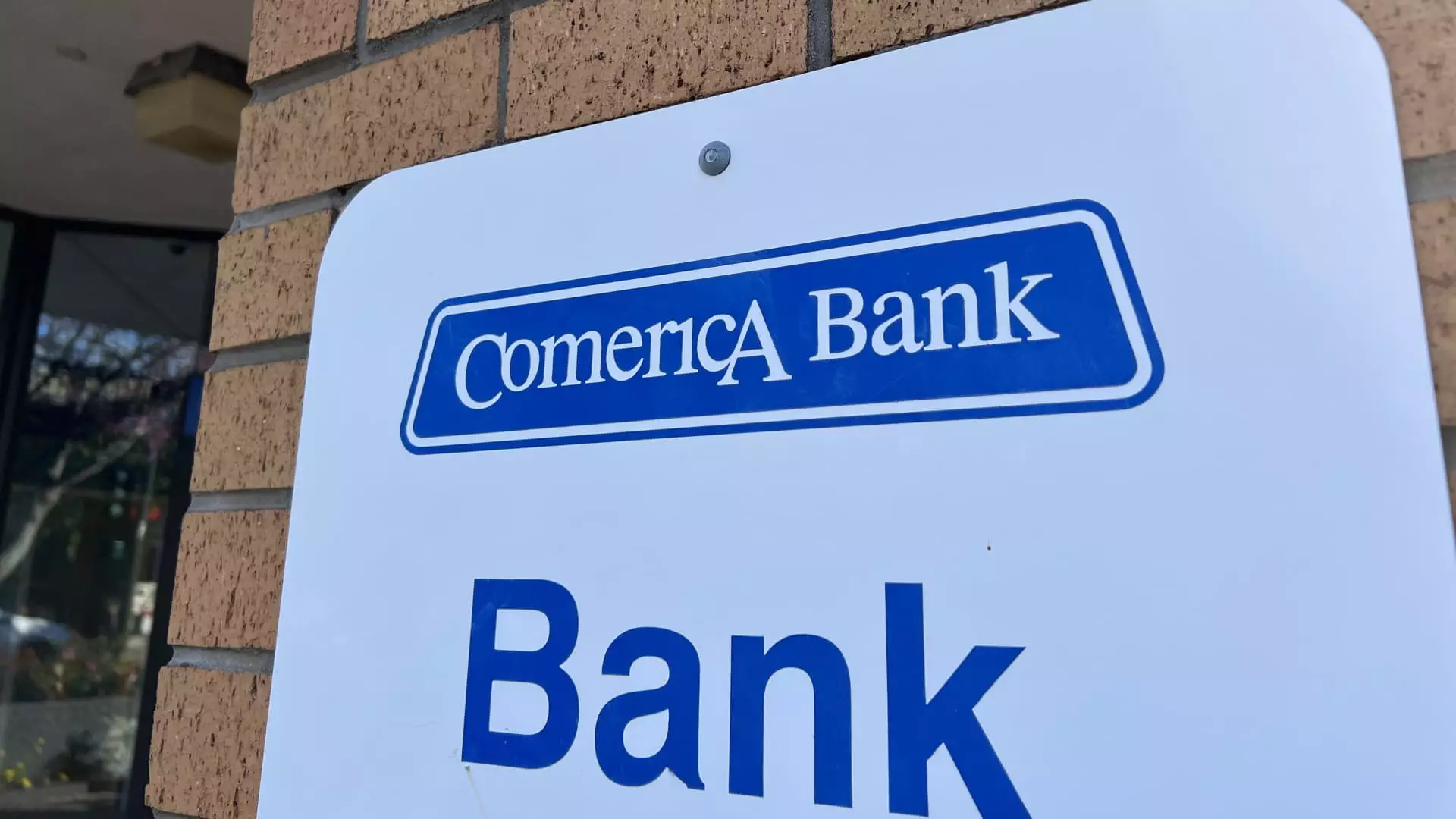The Consumer Financial Protection Bureau (CFPB) has directed attention toward Comerica Bank by filing a complaint that raises serious concerns about the management of the Direct Express prepaid debit card program. According to the CFPB, Comerica has failed to properly administer this federal benefits program, which caters primarily to vulnerable populations, including individuals with disabilities and the elderly. This situation illuminates the potential pitfalls in managing financial services that cater to those on fixed incomes, showcasing the delicate relationship between financial institutions and their duty to serve low-income customers.
At the heart of the allegations is the claim that Comerica Bank has “intentionally terminated” over 24 million customer service calls, a drastic statement indicating not just negligence but potentially malicious intent. This action, if proven true, raises alarm bells about the bank’s commitment to customer service, particularly for individuals relying on federal benefits. Further compounding the issue, it has been reported that more than one million cardholders faced unwarranted ATM fees, a clear violation of consumer rights and an unnecessary financial burden on some of the most vulnerable members of society.
Director Rohit Chopra of the CFPB highlighted the issue of “illegal junk fees,” suggesting that Comerica’s actions were not just careless but predatory. This situation underscores the ethical dilemmas that banks may face when prioritizing profits over the welfare of their customers—a critical aspect as financial institutions navigate their obligations to their clientele.
The Direct Express program, established to provide a safe and efficient means for recipients of federal benefits to access their funds, is designed for individuals who may not have traditional banking options. Comerica Bank has held the contract for this program since 2008, a responsibility that brings with it the ethical imperative to ensure reliable service. The bank’s actions, as alleged by the CFPB, not only undermine the trust of its users but also jeopardize the financial stability of those who rely on these services for essential living expenses such as groceries and healthcare.
In response to the CFPB’s complaint, Comerica has asserted that it has acted under the guidelines defined by the federal government, suggesting that the oversight from the U.S. Department of Treasury complicates the narrative. There’s a clear tension between the CFPB’s accusations and Comerica’s commitment to defending its actions, with the bank claiming cooperation throughout the investigation. Such disputes highlight the complicated relationship between financial institutions and regulatory bodies—a struggle that could have broader implications for how similar cases are reviewed in the future.
This complaint against Comerica Bank serves as a critical reminder of the responsibilities that come with processing federal benefits through prepaid cards. The CFPB has a history of taking action against banks for such failures, as evidenced by its previous actions against other financial institutions. As the CFPB looks into this case, the outcome will not only affect Comerica but could also set important precedents for how financial institutions are held accountable for managing services that are essential for the economic well-being of millions.
In a landscape where financial technology is evolving, the management of consumer rights remains a vital issue, and cases like these reinforce the need for stringent oversight and adherence to ethical practices within the banking sector.

